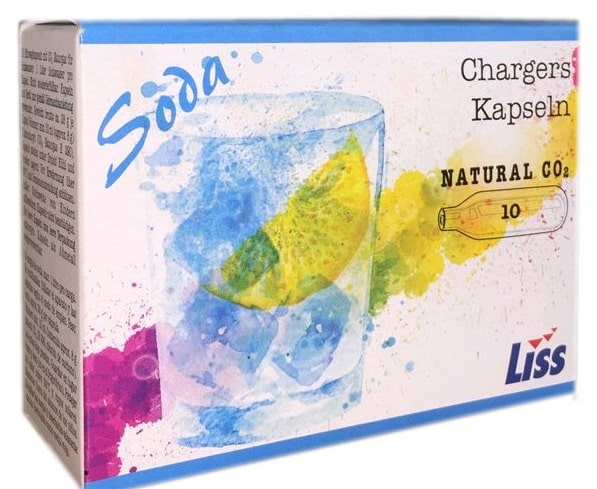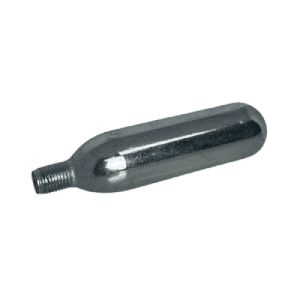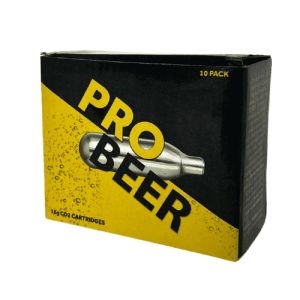Co2 Gas for Home Brewing

- Co2 Blubs Threaded 16g x10 - Plain White Box£8.28 £6.90
- Pro Beer Co2 Bulbs Non Threaded 16g x 10£8.28 £6.90
- Liss / Mosa Co2 Charger Bulbs - pack of 10£5.64 £4.70
- COLLECT FROM SHOP ONLY - S30 Gas Cylinder - NEW FULL£31.98 £26.65
-
How CO2 Gas is Used in Home Brewing
Carbon dioxide (CO2) gas has become an essential component in home brewing. It is used to carbonate beers, ciders, and other fermented beverages. CO2 is also used to dispense beer from kegs. The gas is an important aspect of the brewing process as it affects the taste, aroma, and texture of the final product.
One of the most common uses of CO2 gas in home brewing is carbonation. This is the process of adding CO2 to the beer to give it a bubbly texture and enhance its flavour. Home brewers can use several methods to carbonate their beer, such as natural carbonation, forced carbonation, or a combination of both. Natural carbonation occurs when the residual yeast in the beer consumes the added sugar and produces CO2 gas. Forced carbonation, on the other hand, involves using a CO2 tank to force the gas into the beer.
Gas for Beer Kegs
CO2 gas is also used to dispense beer from kegs. Home brewers can use a CO2 tank to push the beer from the keg to the tap. The pressure of the gas forces the beer to flow through the lines and out of the tap. The amount of CO2 used in the process determines the level of carbonation in the beer. Too much CO2 can make the beer over-carbonated, while too little can make it flat.
The quality of the CO2 used in home brewing is crucial to the final product's taste and aroma. It is essential to use food-grade CO2 to avoid any impurities or contamination that may affect the beer's quality. Home brewers should also ensure that the CO2 is stored properly in a dry and cool place to prevent contamination.
In conclusion, CO2 gas plays a vital role in home brewing, affecting the flavour, aroma, and texture of the final product. It is crucial to use high-quality food-grade CO2 and store it properly to ensure that the beer is not contaminated. Home brewers can experiment with different methods of carbonation and dispensing to achieve the desired taste and texture in their beer.





